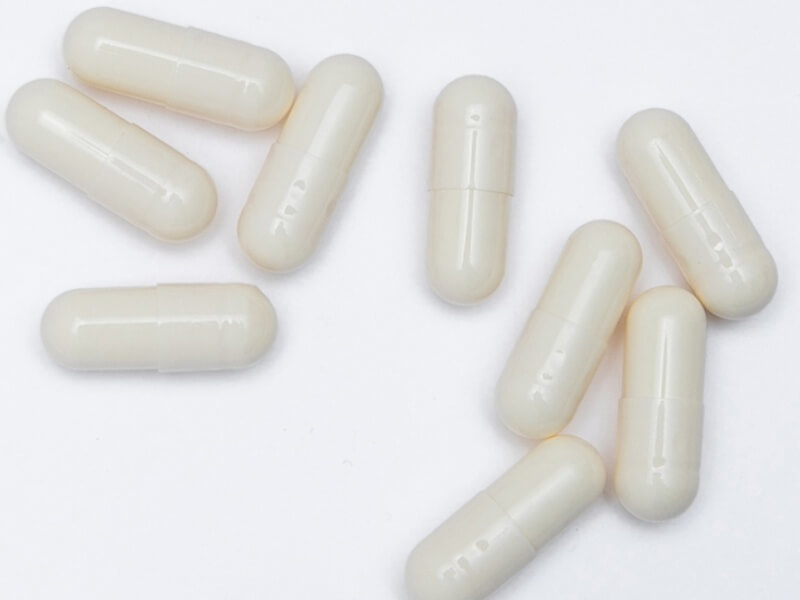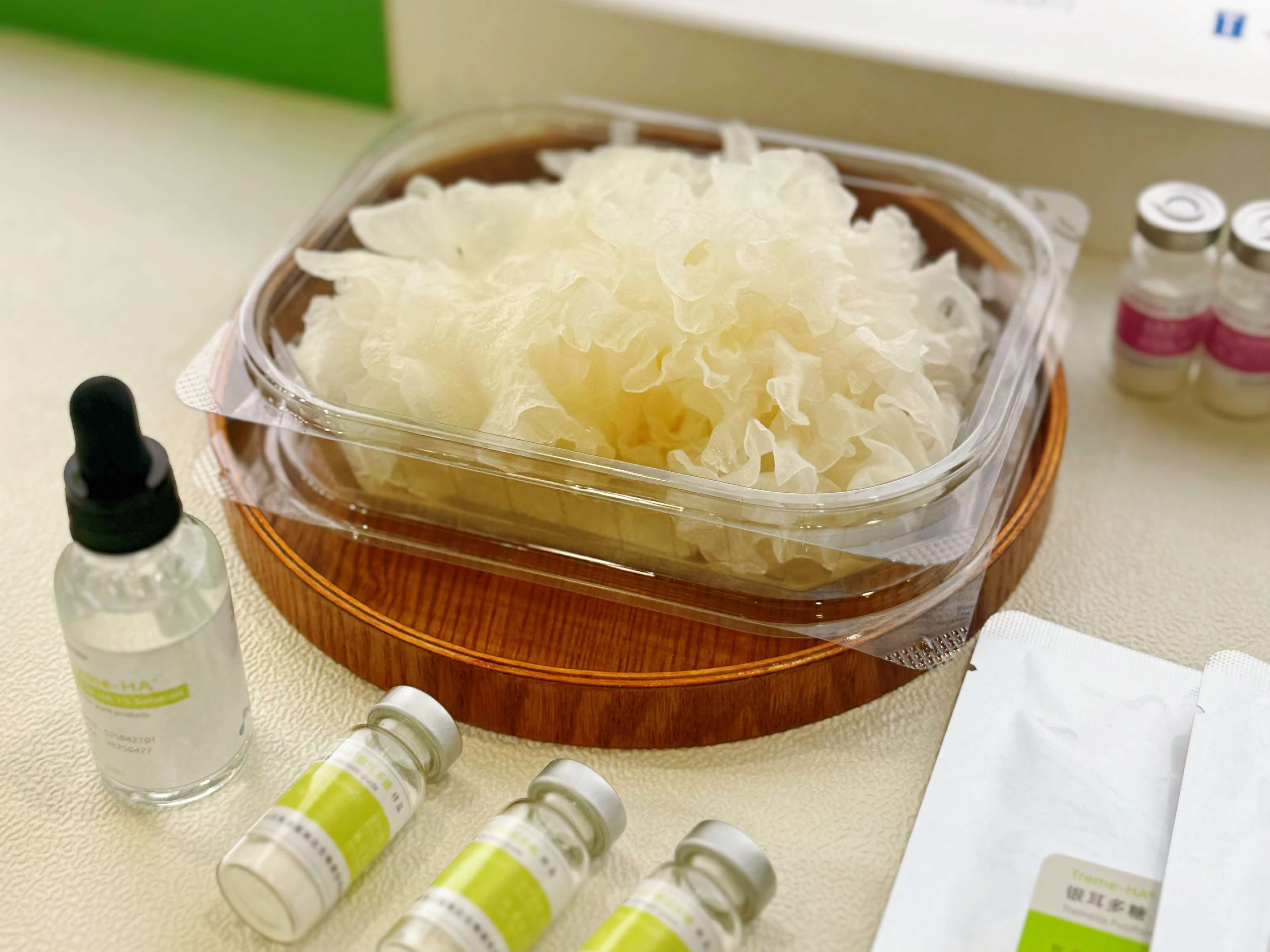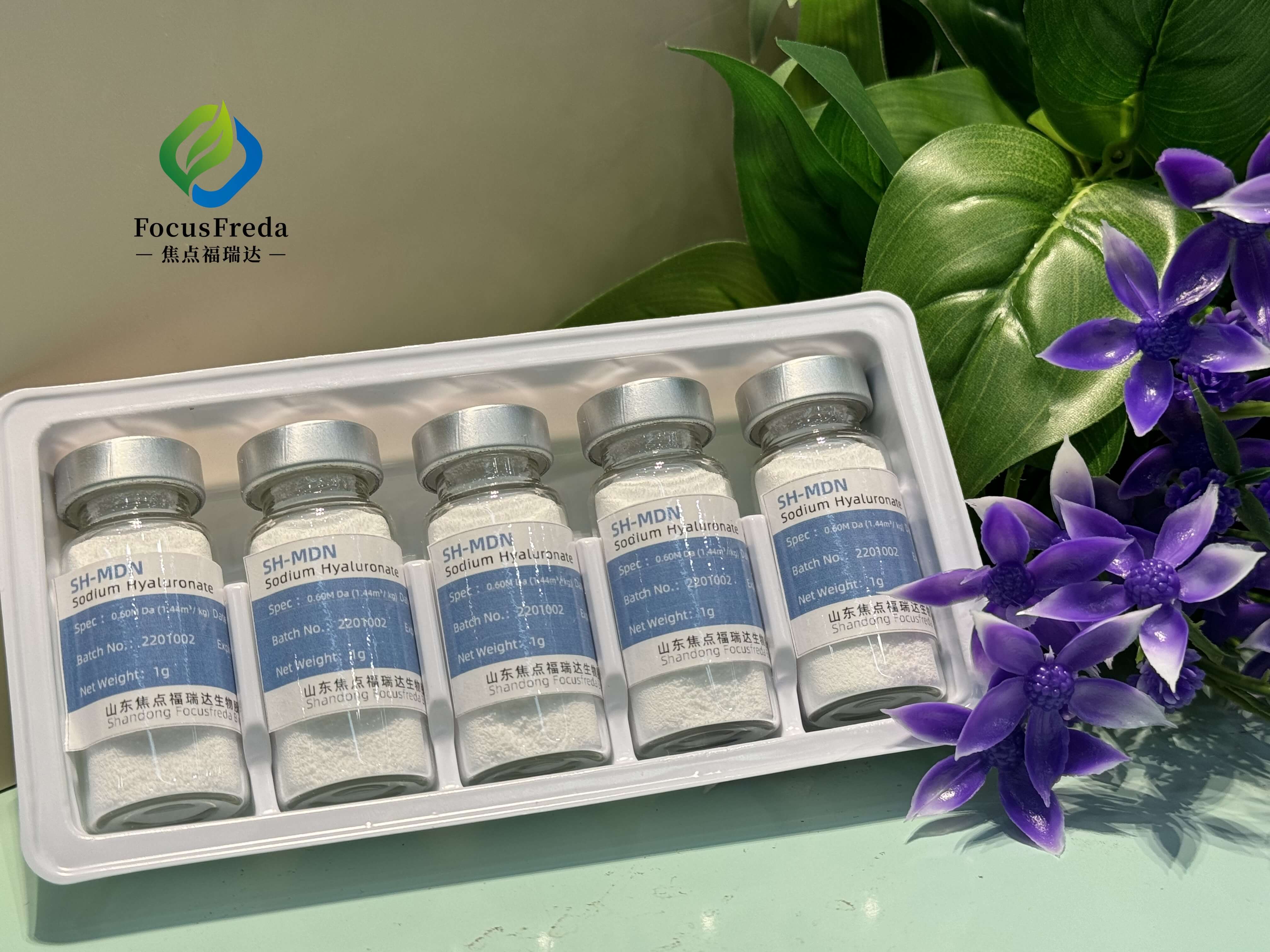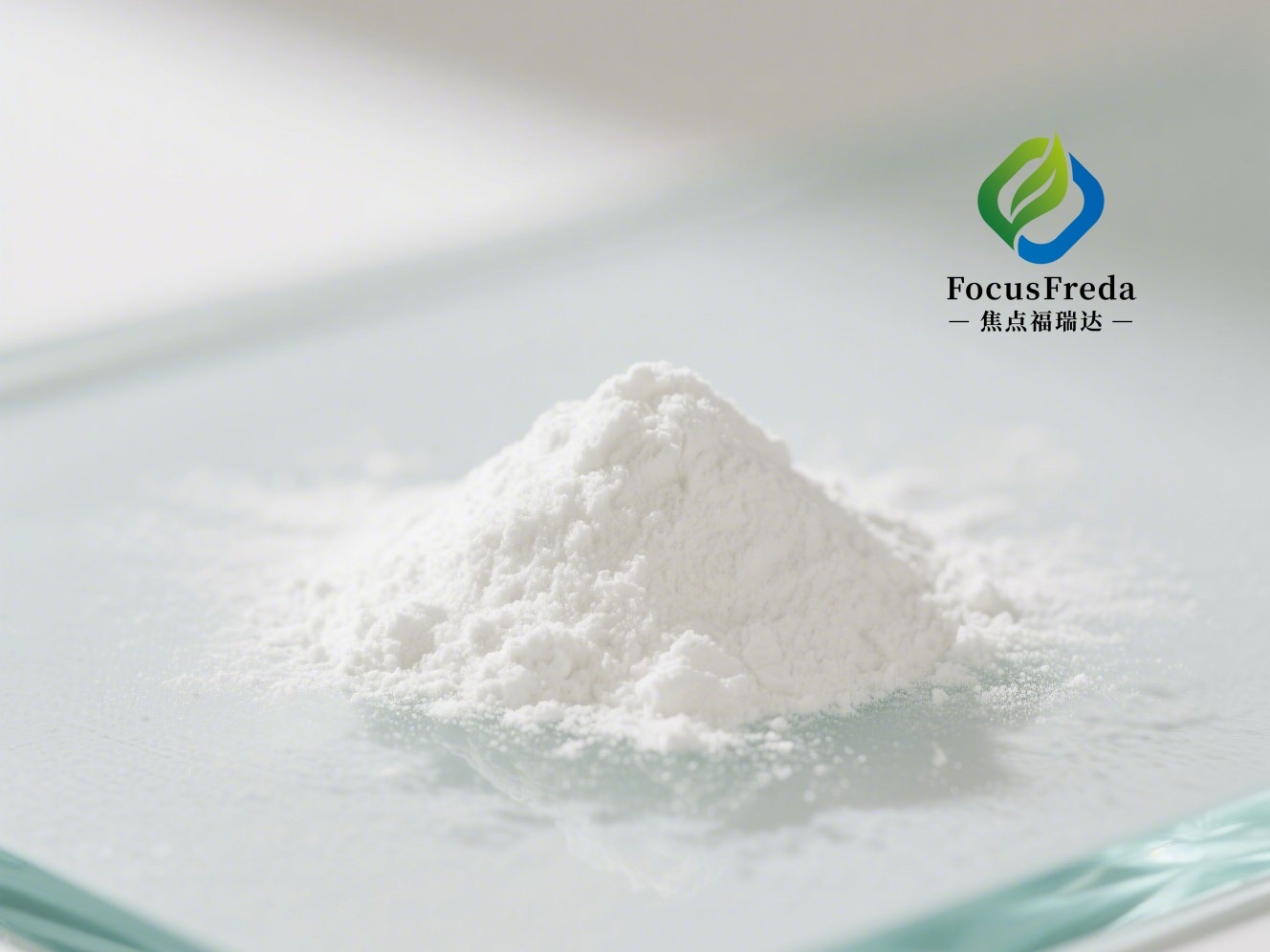Why is Zinc Hyaluronate better than Sodium Hyaluronate?
Release time:
2025-02-14
When discussing hyaluronic acid (HA) derivatives, two compounds often come up: sodium hyaluronate and zinc hyaluronate. While both are forms of hyaluronic acid used in skincare and cosmetic products, there are notable differences in their properties and benefits.

1. Stabilization and Enhanced Efficacy
One of the primary advantages of zinc hyaluronate is its enhanced stability. Zinc ions act as natural stabilizers for the hyaluronic acid molecule, helping to prevent rapid degradation. This results in longer-lasting effects in skincare formulations. Additionally, zinc hyaluronate has been shown to have a stronger ability to attract and hold onto moisture, further improving hydration and skin elasticity.
2. Anti-Inflammatory and Healing Properties
Zinc is widely known for its anti-inflammatory properties, which play a significant role in skincare. Zinc hyaluronate can help reduce skin irritation and redness, making it ideal for sensitive skin or conditions like acne, rosacea, or eczema. By combining the hydrating properties of hyaluronic acid with zinc’ s soothing and healing effects, zinc hyaluronate provides an added layer of protection and repair.
3. Ideal for Anti-Aging Formulations
Zinc hyaluronate’ s combination of hydration and anti-inflammatory properties makes it an excellent choice for anti-aging products. As we age, skin loses moisture and elasticity, and inflammation can contribute to the appearance of fine lines and wrinkles. Zinc hyaluronate can mitigate some of these aging effects by promoting skin health from the inside out, offering both immediate and long-term benefits.
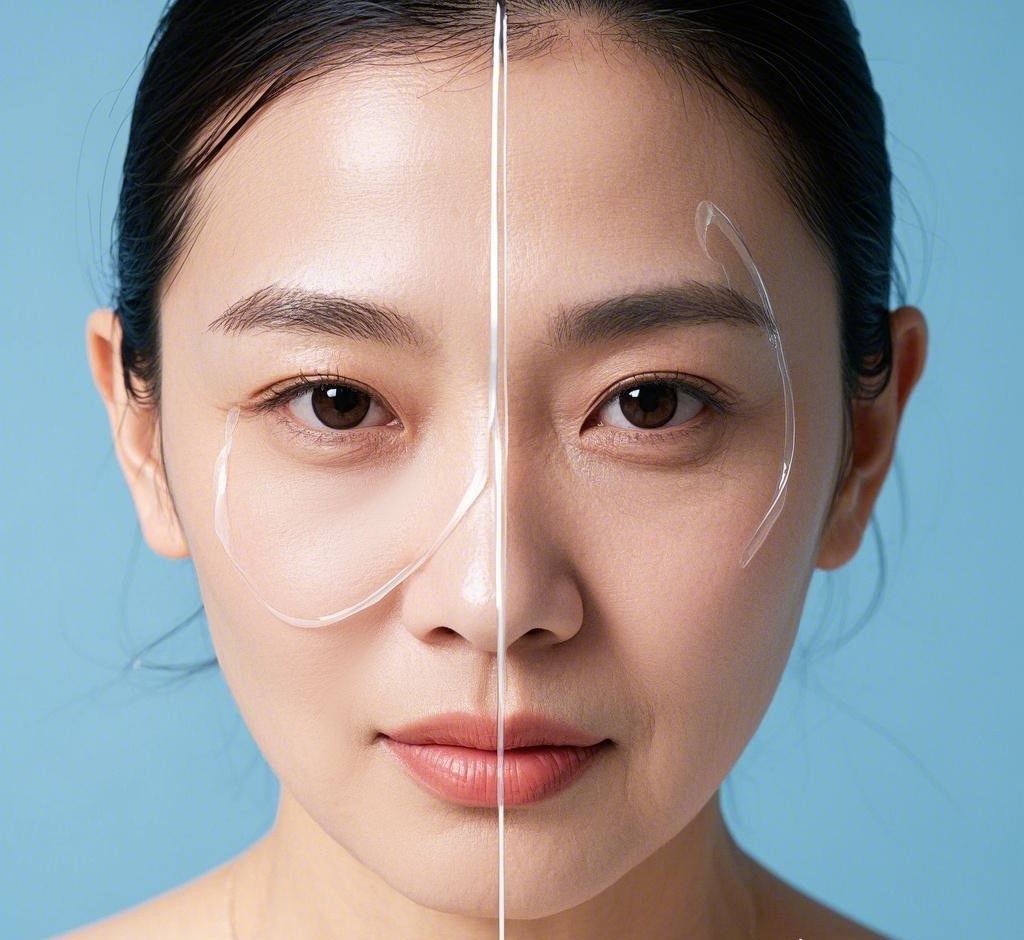
Conclusion: Which One Should You Choose?
While sodium hyaluronate remains a cornerstone ingredient in skincare for its ability to hydrate and plump the skin, zinc hyaluronate offers additional advantages, especially for those with sensitive or acne-prone skin. The anti-inflammatory and healing properties of zinc, along with its ability to stabilize and enhance hydration, make it a more versatile choice for specific skin concerns, including aging, irritation, and acne.
Ultimately, whether you choose sodium hyaluronate or zinc hyaluronate depends on your individual skin needs and the formulation’ s intended purpose. If you’ re looking for a product that not only hydrates but also soothes and accelerates skin healing, zinc hyaluronate could be the superior option. Of course, sodium hyaluronate will always be a base moisturizing ingredient in all types of skin care products.

BLOGS
Can a Capsule Hydrate Your Skin? Yes—If It’s Hyaluronic Acid or Sodium Hyaluronate
Discover how oral hyaluronic acid supplements improve skin hydration, elasticity and inner beauty.
Which Natural Skincare Ingredient Has a Million Molecular Weight?
Discover which natural skincare ingredient has a molecular weight of one million Daltons. Learn how Tremella fuciformis (snow mushroom) works as a plant-based moisturizer to hydrate and protect your skin naturally.
Similarities and Differences between Sodium Hyaluronate Powder and Aqueous Solution
Explore how sodium hyaluronate powder and solution differ in use and form. Focusfreda offers both to meet your custom formulation needs.
As a Sodium Hyaluronate Sales Manager, What Questions Do We Ask Our Customers?
Discover key questions sodium hyaluronate sales managers ask customers—from application needs to certifications—to build trust and tailor solutions. Partner with Focusfreda for expert support.
Does Sodium Hyaluronate Have a Color?
Does sodium hyaluronate have a color? Learn whether this popular skincare and medical ingredient is truly colorless, and why its clear appearance makes it ideal for various formulations.
Can Hyaluronic Acid (Sodium) Be "Customized To Individual Needs"?
Can skincare ingredients be customized like ordering coffee? Focusfreda's sodium hyaluronate liquid solution offers diverse molecular weights and efficacy combinations for tailored skincare formulas!



